VAT Implications for Online Creators & Influencers | Global Tax Guide 2025

🎧 Prefer to Listen?
Get the audio version of this article and stay informed without reading - perfect for multitasking or learning on the go.
The first forms of modern online creators and influencers date to the early 2000s, when blogging gained momentum. The industry has been completely transformed with the rise of social media and online video sharing platforms, such as YouTube, Facebook, Instagram, and TikTok, leading to millions of people becoming full-time influencers.
With the expansion of the number of content creators and influencers, their work is becoming recognized by governments worldwide as a real job or source of income, since these individuals monetize their content across various platforms and generate revenue from multiple sources. Therefore, while the creator economy offers many opportunities, it also includes complexities, where taxation is one of the leading.
Diverse Revenue Streams for Online Creators and Influencers
Online creators and influencers may generate income from several different sources. Sponsored content and brand partnerships are two sources, and revenue includes payments received from brands for directly promoting their products or services through one or multiple channels. This method consists of integrating the brand message into the content, thus creating and maintaining audience trust in the brand.
In addition to more direct promotion of products or services, online creators and influencers may share affiliate links to earn commissions on sales generated through their referrals. Affiliate marketing allows online creators and influencers to recommend products or services.
Ad revenue is also a significant source of income. Platforms such as YouTube enable creators to earn or monetize their content through advertisements displayed on their content. Revenue generated from these ads typically depends on the number of views and engagement, rewarding high-traffic content.
Merchandise or product sales are also ways online creators and influencers generate income. Once they have enough followers, subscribers, or views, content creators and influencers may decide to develop and sell branded products to capitalize on their brands or YouTube channels. Products like apparel, accessories, or digital products can be sold directly to fans.
Creating or writing an e-book, online course, exclusive content, or other digital products and services may be part of the strategy to monetize online or digital content.
VAT Rules for Online Creators in the EU
Considering that the sale of goods and services is subject to VAT, it is first necessary to determine whether promoting and selling goods and services through sponsored content, partnerships, or collaborations represents an economic activity.
If these activities are considered economic activity, online creators and influencers must register for VAT according to the national rules of EU countries. However, it is also necessary to determine if the activities performed fall under the category of sales of goods or services, as different rules may apply.
For example, an influencer from Spain may partner with a brand from Germany, which raises questions about the nature of the partnership or service provided, who the supplier and recipient are, etc. All these factors are essential for determining VAT liabilities of both the influencer and the company.
Furthermore, online creators and influencers primarily rely on digital platforms to publish their content and material, which results in income or revenue for them. That is why the EU regulatory framework was set to impose rules on digital platforms to collect and remit VAT. This is known as the deemed supplier rule and includes the sale of digital services.
However, this may pose a particular challenge for creators and influencers, as it might be difficult for them to determine who needs to collect and remit VAT. For example, if a digital platform is considered a deemed supplier, the liability for VAT lies with the platform. However, if the digital platform does not meet all the criteria for being considered a deemed supplier, the creators and influencers are responsible for VAT.
The EU implemented mandatory rules for digital platforms to collect, verify, and report information on reportable sellers to respective tax authorities under DAC 7 reporting rules to monitor digital platforms and their users' income generation.
Although DAC7 does not explicitly state that these reporting requirements apply to content creation services, it does state that digital platform operators should report on sellers who provide personal services. Therefore, the application of these reporting requirements to platforms in the creator economy remains unclear since some of the services provided by online creators and influencers may fall within the scope of personal services.
The Complexity of State-Level Sales Tax
In the US, sales and use tax is governed at the state level, meaning various rules and regulations exist. First, every US state determines what is taxable, applicable tax rates, and regulations for digital products and services. In addition, while historically physical presence was the determining factor for establishing tax obligations, developments in recent years have created a new nexus rule: economic and marketplace nexus.
Therefore, since the retail sales of tangible goods, such as clothes, are taxable in most US states, online creators and influencers may need to collect and remit sales tax on transactions related to those products, if their source of income is merchandise sales.
Before the economic and marketplace nexus was introduced, click-through and affiliate nexus rules were in place in most US states. Although introducing the economic nexus meant abolishing click-through and affiliate, some US states, such as Tennessee, Connecticut, Georgia, Illinois, and Iowa, still have these rules.
For those unfamiliar with click-through and affiliate nexus terms, these two nexuses are very similar, with minor differences. Affiliate nexus is established when an out-of-state business has an in-state affiliate that significantly contributes to the business's ability to participate in the market. Activities included in the affiliate relationship include advertising, referrals, or services to facilitate sales.
Click-through nexus can be considered a subset of affiliate nexus that focuses on online referrals. Click-through nexus exists when an in-state resident, such as influencers or online creators, refers potential customers to the out-of-state retailer's website. Typically, this referral is done through a hyperlink or online advertisement.
Similarly to the EU's deemed supplier rule, the US states introduced marketplace facilitator rules, mandating that marketplace platform operators must collect and remit sales tax once the specific requirements are met.
Unlike Europe's approach, services are mainly non-taxable in the US unless each state defines certain services as taxable. This creates additional complexity for creators as they must determine state-by-state if the services they provide, e.g., advertising or similar, are taxable.
Canada's Rules for Social Media Influencers
Canada took a direct approach and announced rules for social media influencers. Influencers are recognized as individuals who have a significant influence or presence on one or more social media platforms and have an audience, followers, or users who constantly follow and interact with their content.
Under social media influencers' rules, any individual, such as a content creator, blogger, or fashion promoter using platforms such as Twitch, Instagram, OnlyFans, or independent blogs, is considered an influencer.
If a Canadian influencer generates income in or outside Canada through subscriptions to their content, advertising of other businesses, collaborations, partnerships, or sponsorship with different brands, other influencers, or companies that exceeds CAD 30,000 over four calendar quarters, social media influencers are required to register for, collect, and remit GST/HST.
Taxability Rules for Podcasters in Iceland
Although podcasters are more often considered thought leaders than influencers, some of their activities, such as advertising, subscriptions, or merchandise sales, closely resemble what influencers do through their engagement. Podcasters primarily partner or collaborate with businesses to promote or sell products to podcast listeners and viewers.
Therefore, the Icelandic Tax Administration underlined that income from monetary and non-monetary payments, such as payments in the form of goods, services, or other benefits, is subject to VAT. If the podcasters exceed the threshold of ISK 2 million (around USD 15,000) within 12 months, they must register for VAT and apply a standard VAT rate of 24%. However, some exemptions are defined when an 11% VAT rate applies.
Conclusion
Taxability rules for online creators and influencers are still developing, as many national VAT legislations do not have specified rules for these types of engagements. However, that is changing rapidly, and creators and influencers must understand the implications of diverse revenue sources and stay informed about legislative changes.
Nevertheless, the creator economy example shows how business model transformation combined with digital transformation represents a significant challenge for tax authorities worldwide in enforcing VAT rules and regulations.
Source: Deloitte, VATabout - Iceland VAT Guidelines for Podcasters: Key Insights, VATabout - EU - DAC 7 Compliance and Digital Platforms, Forbes, Grant Thornton, Government of Canada

Featured Insights

Burkina Faso FEC E-Invoicing Mandatory July 2026
🕝 February 24, 2026More News from World
Get real-time updates and developments from around the world, keeping you informed and prepared.
-e9lcpxl5nq.webp)




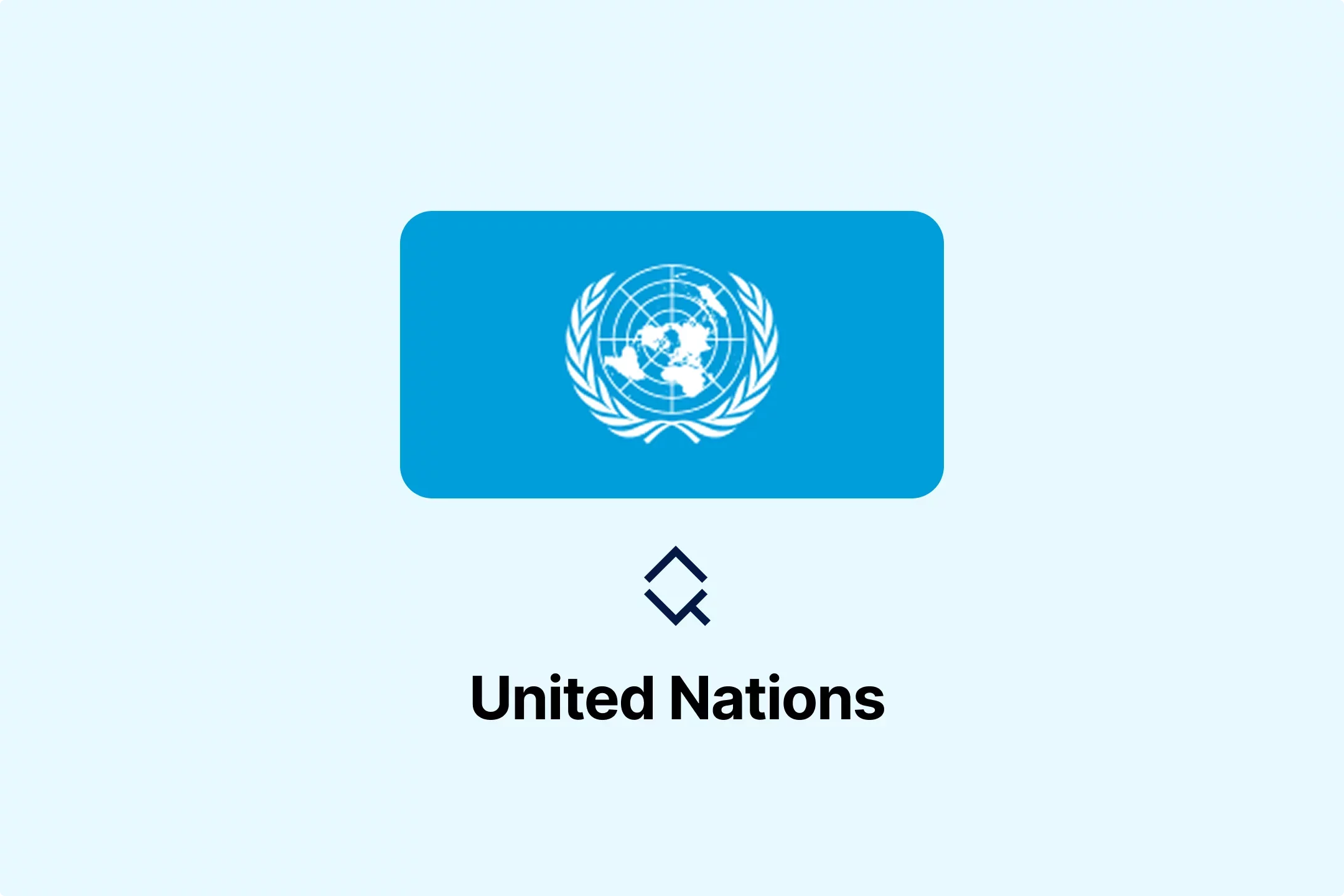
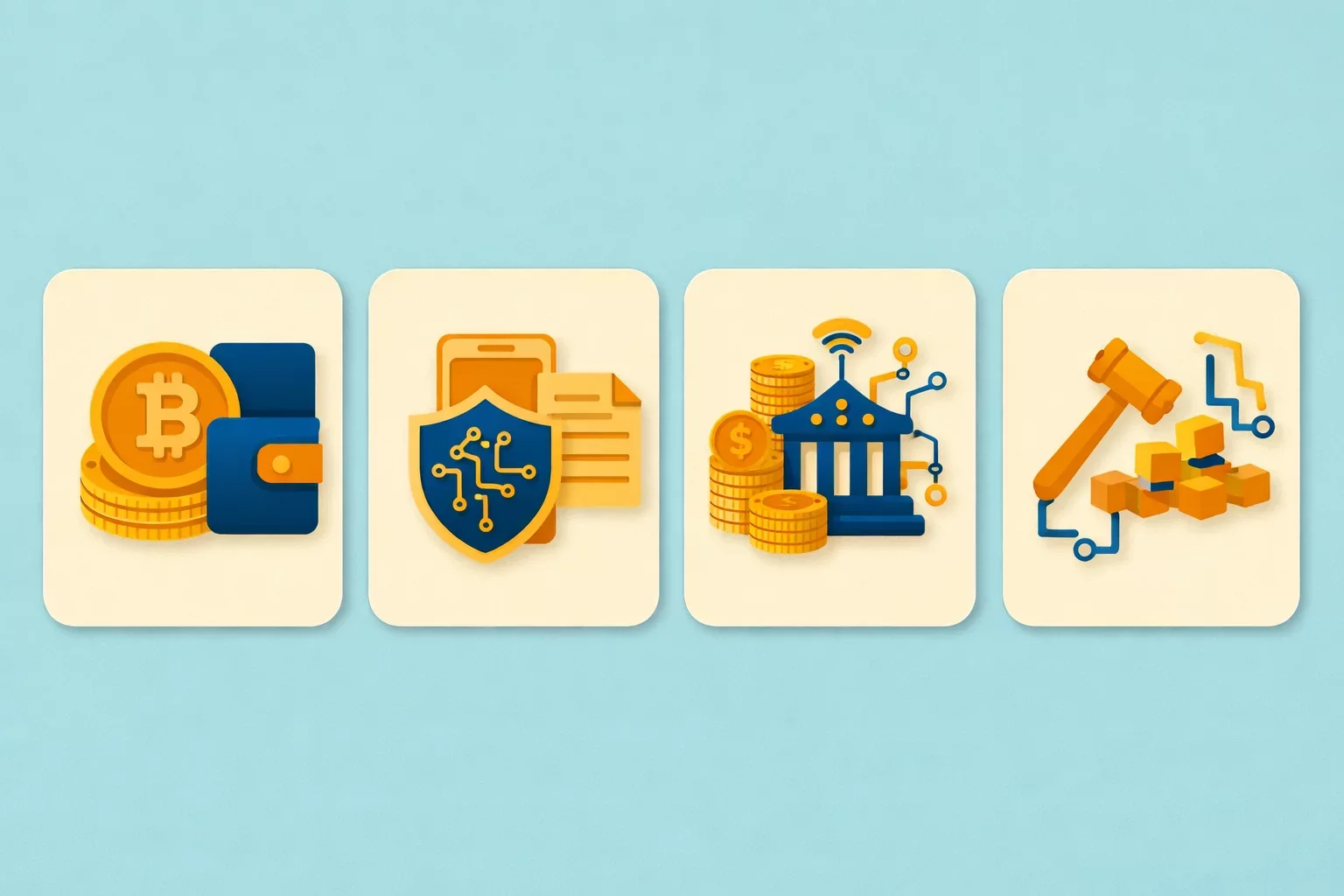
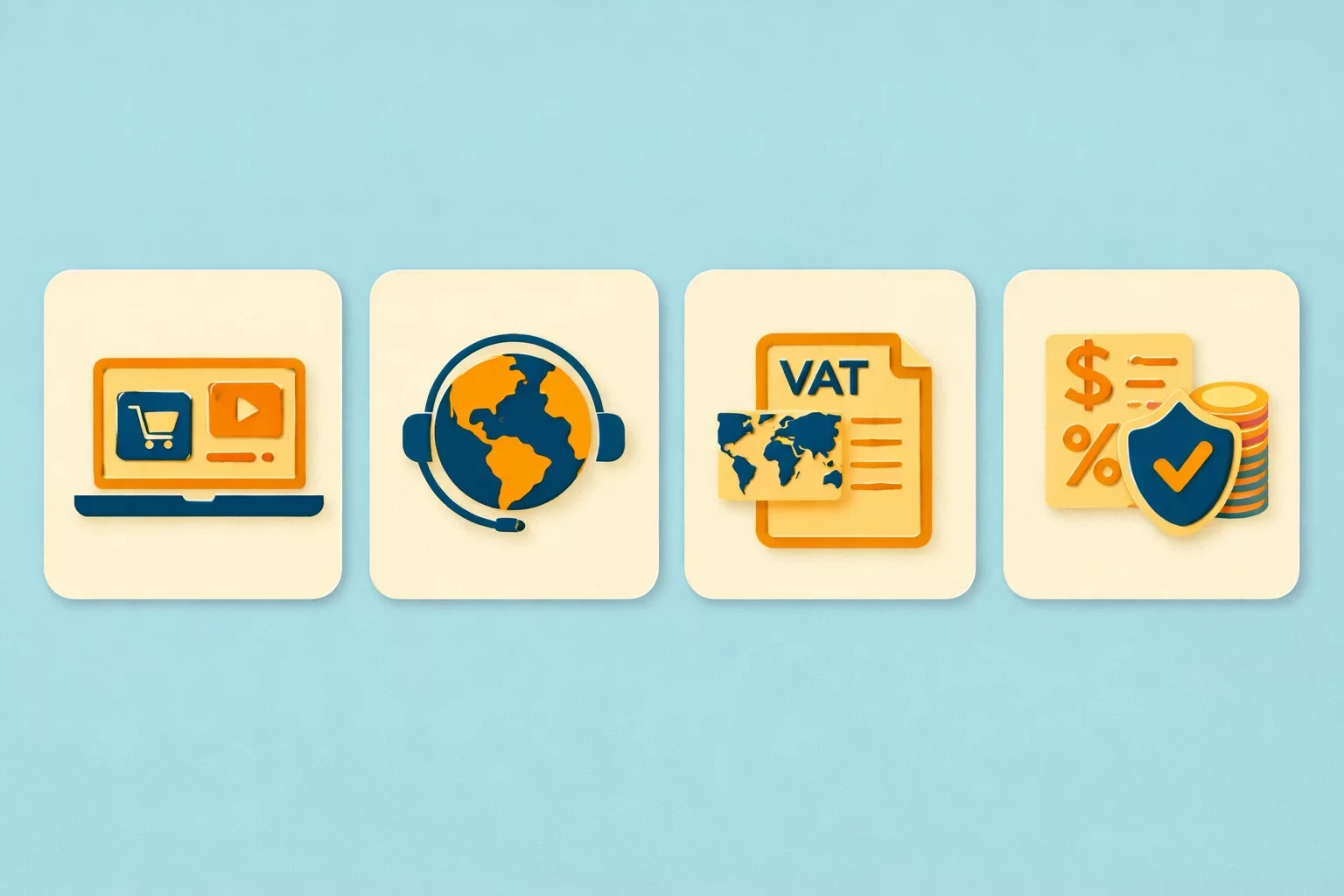
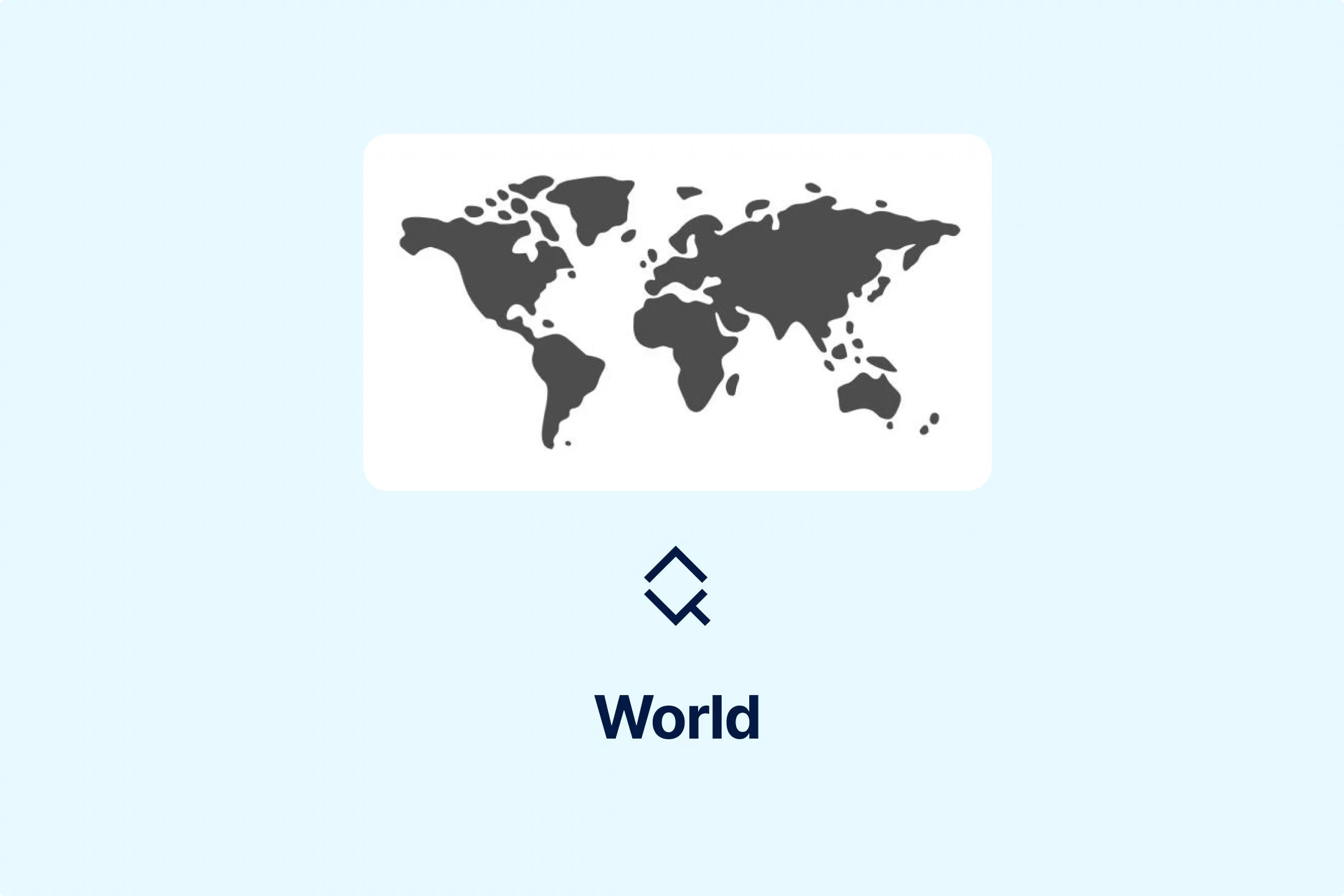
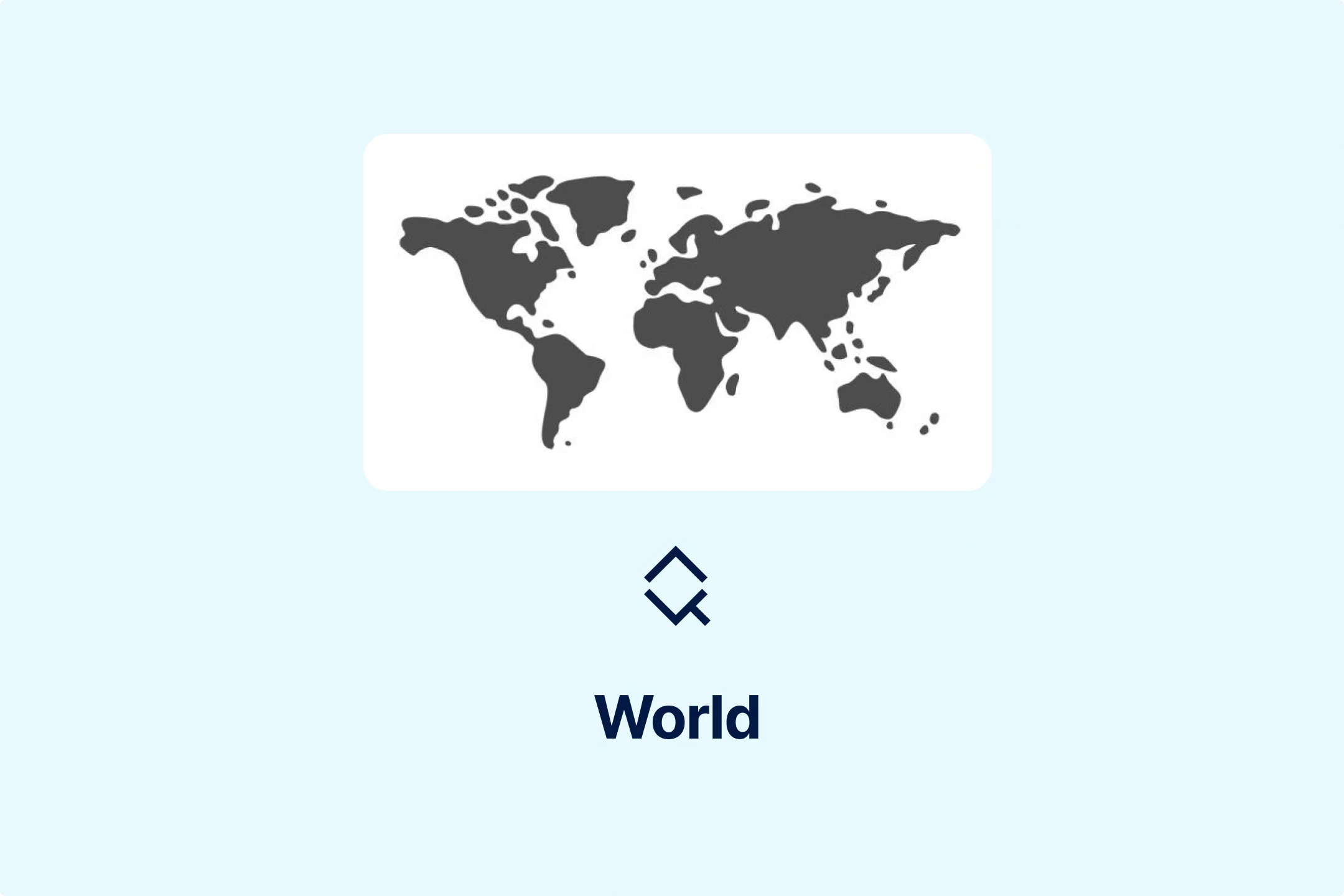
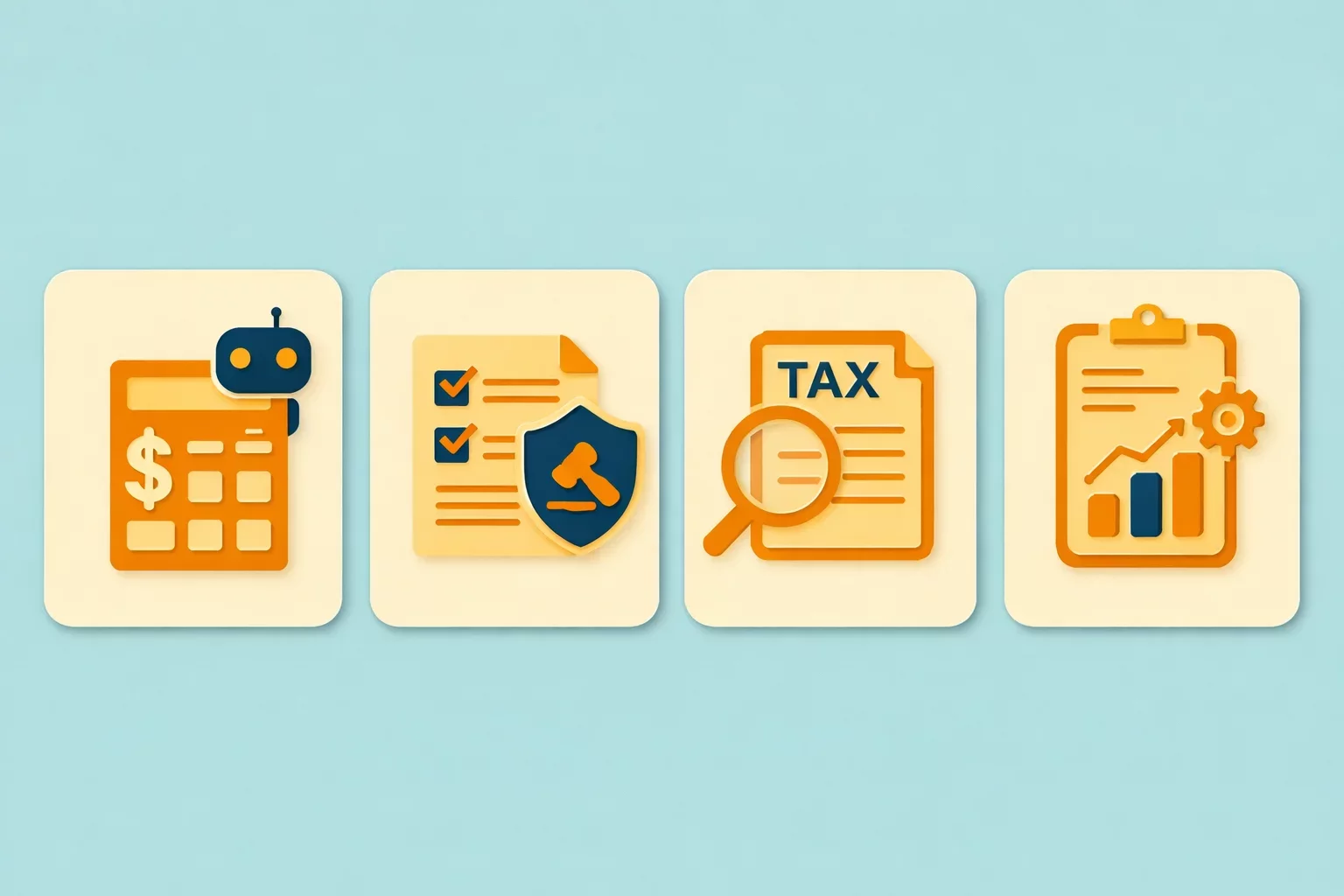


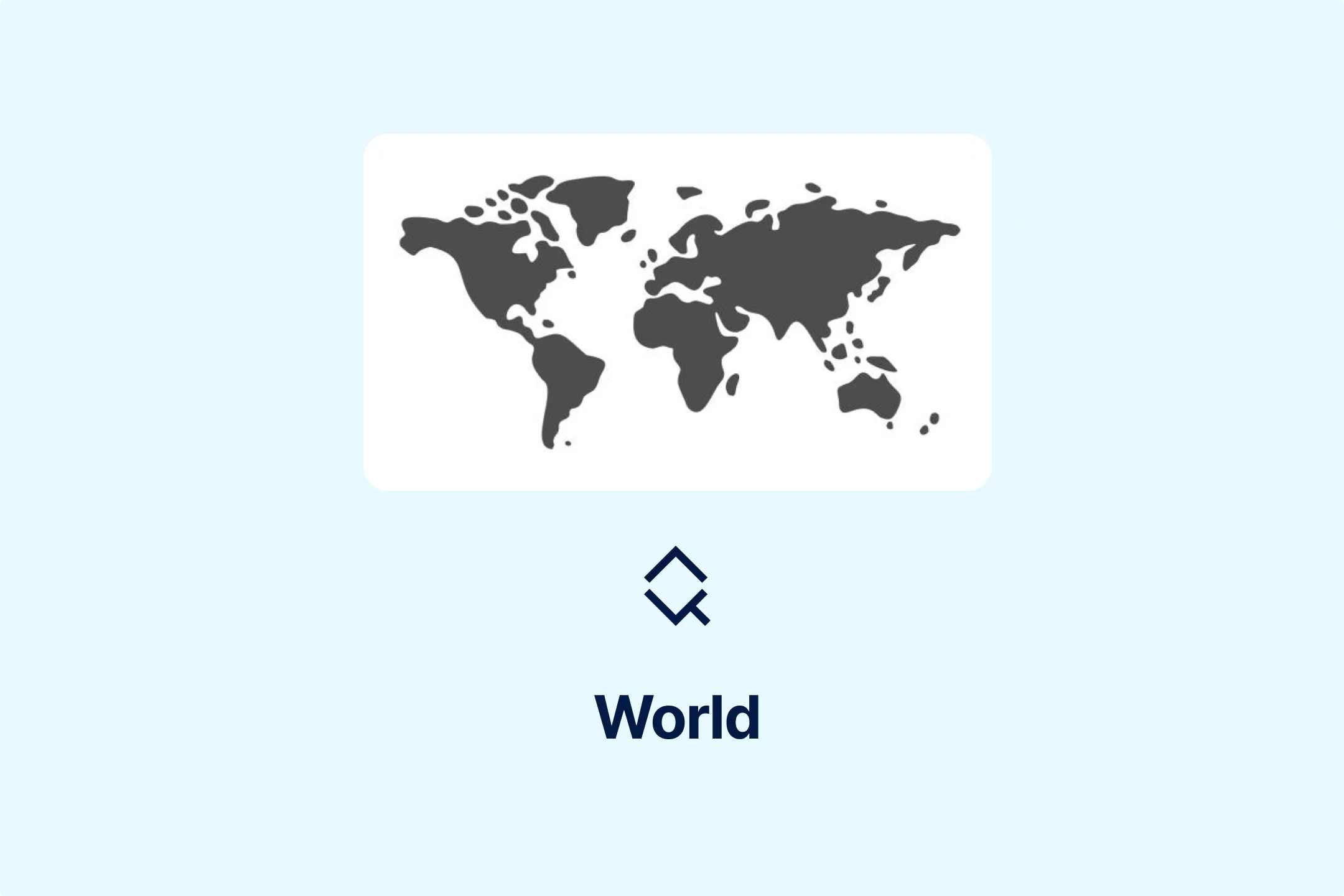
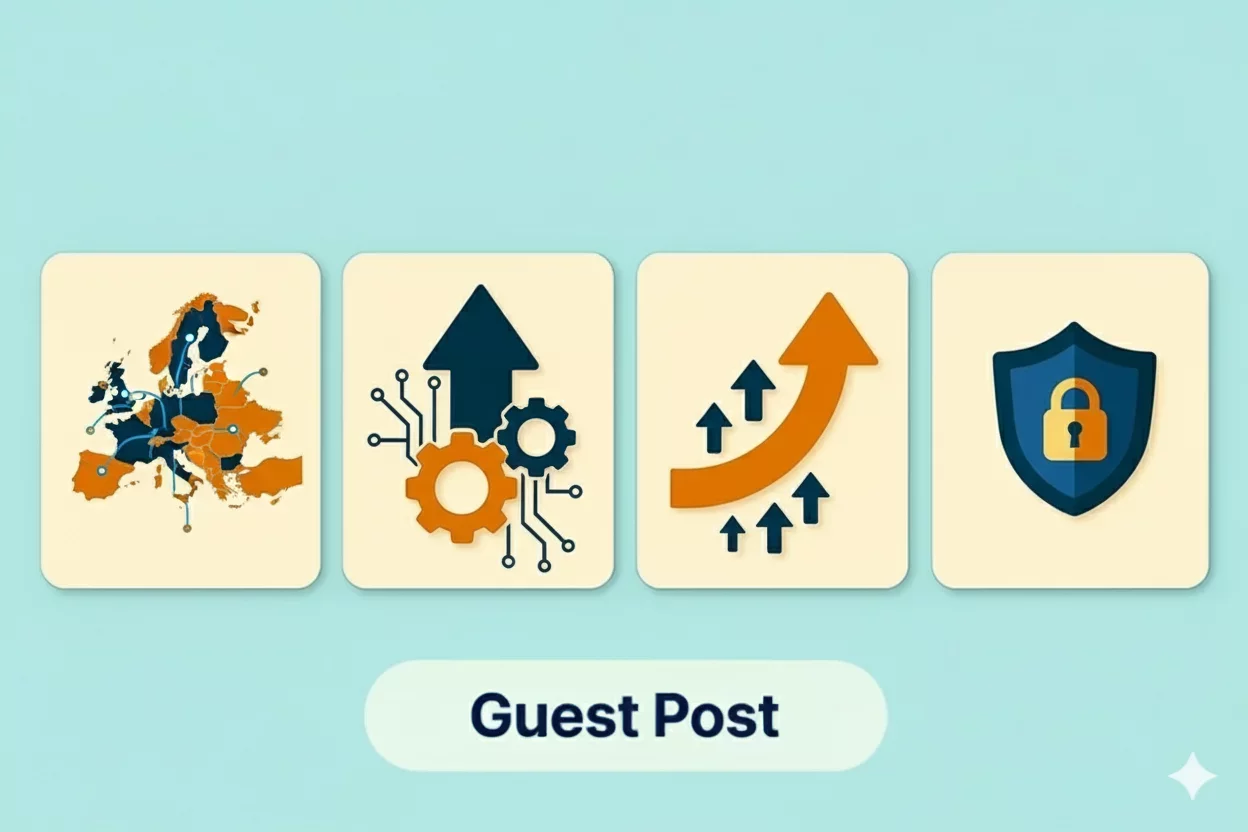
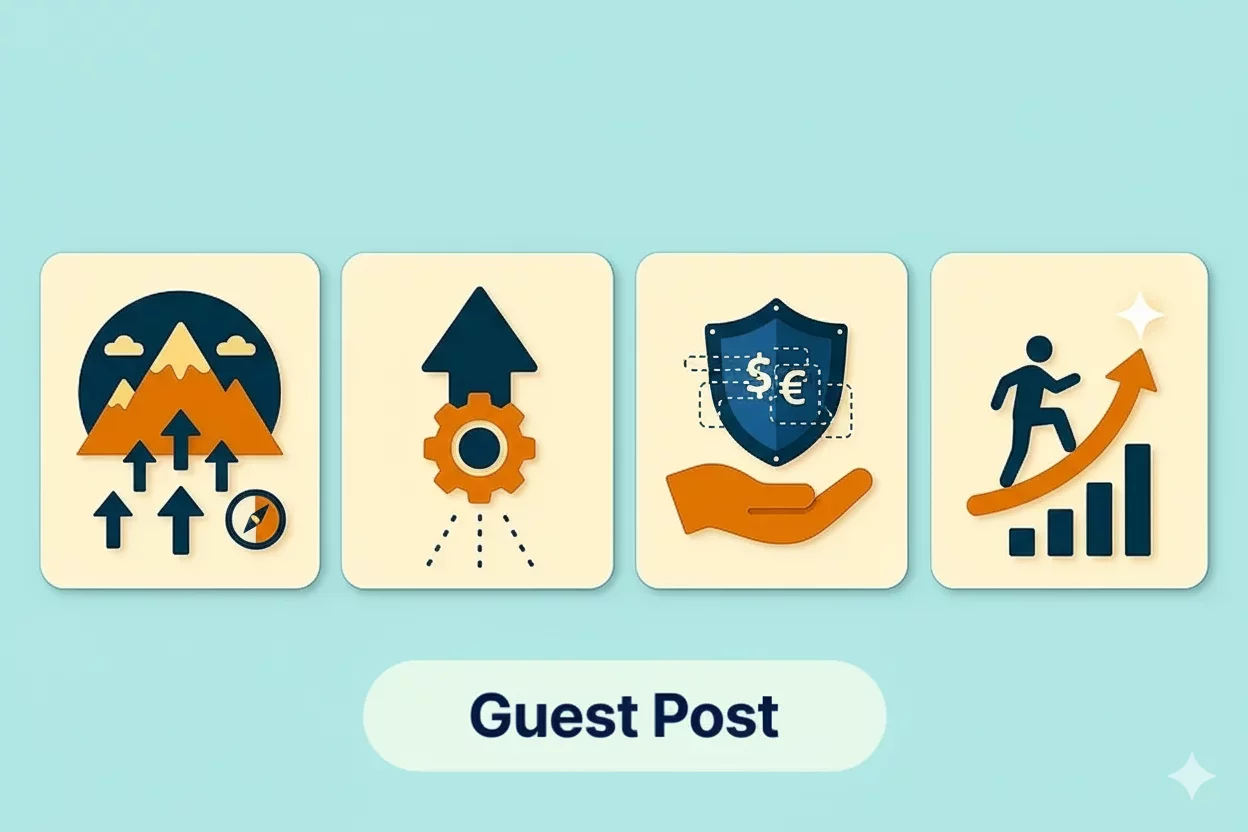
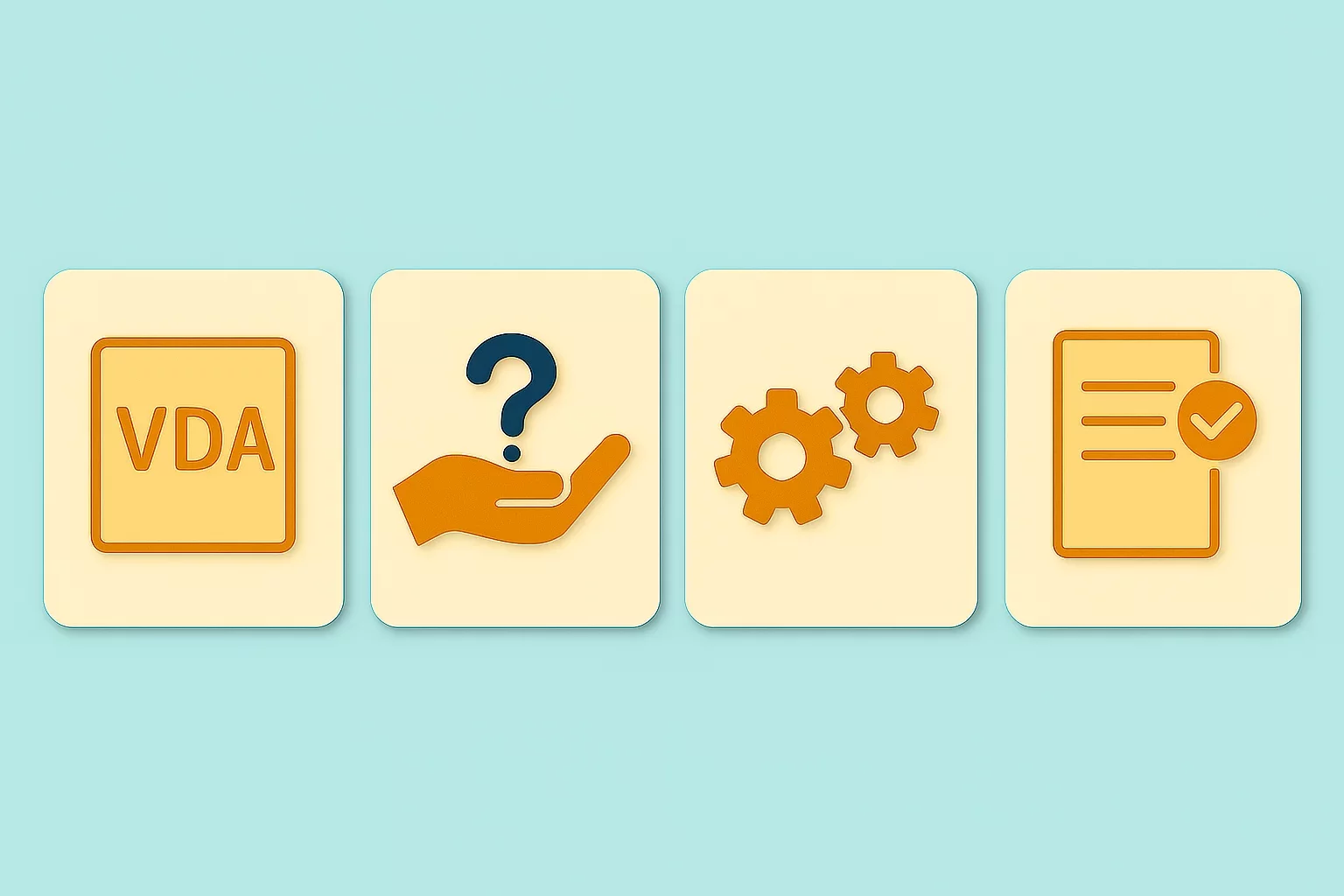
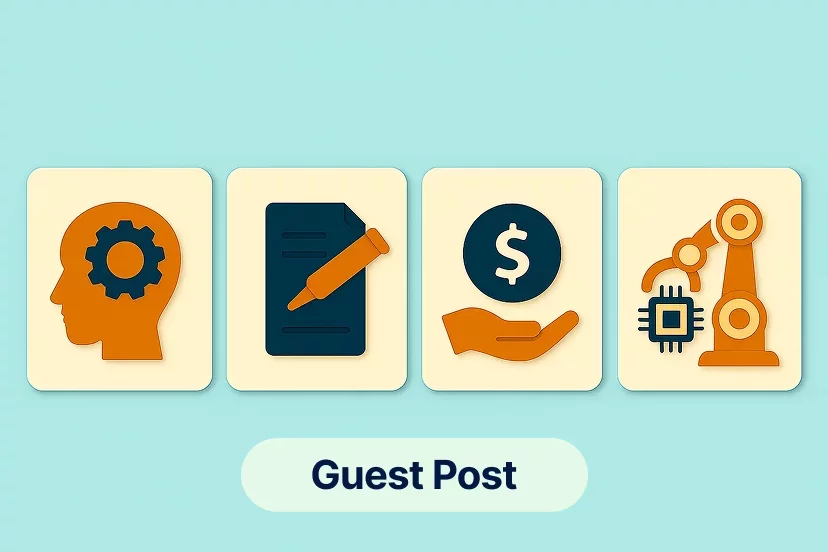
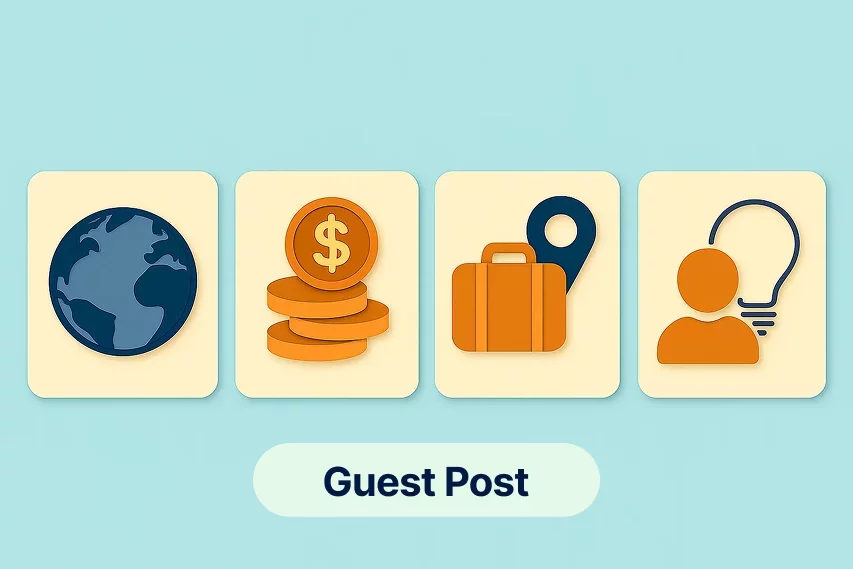
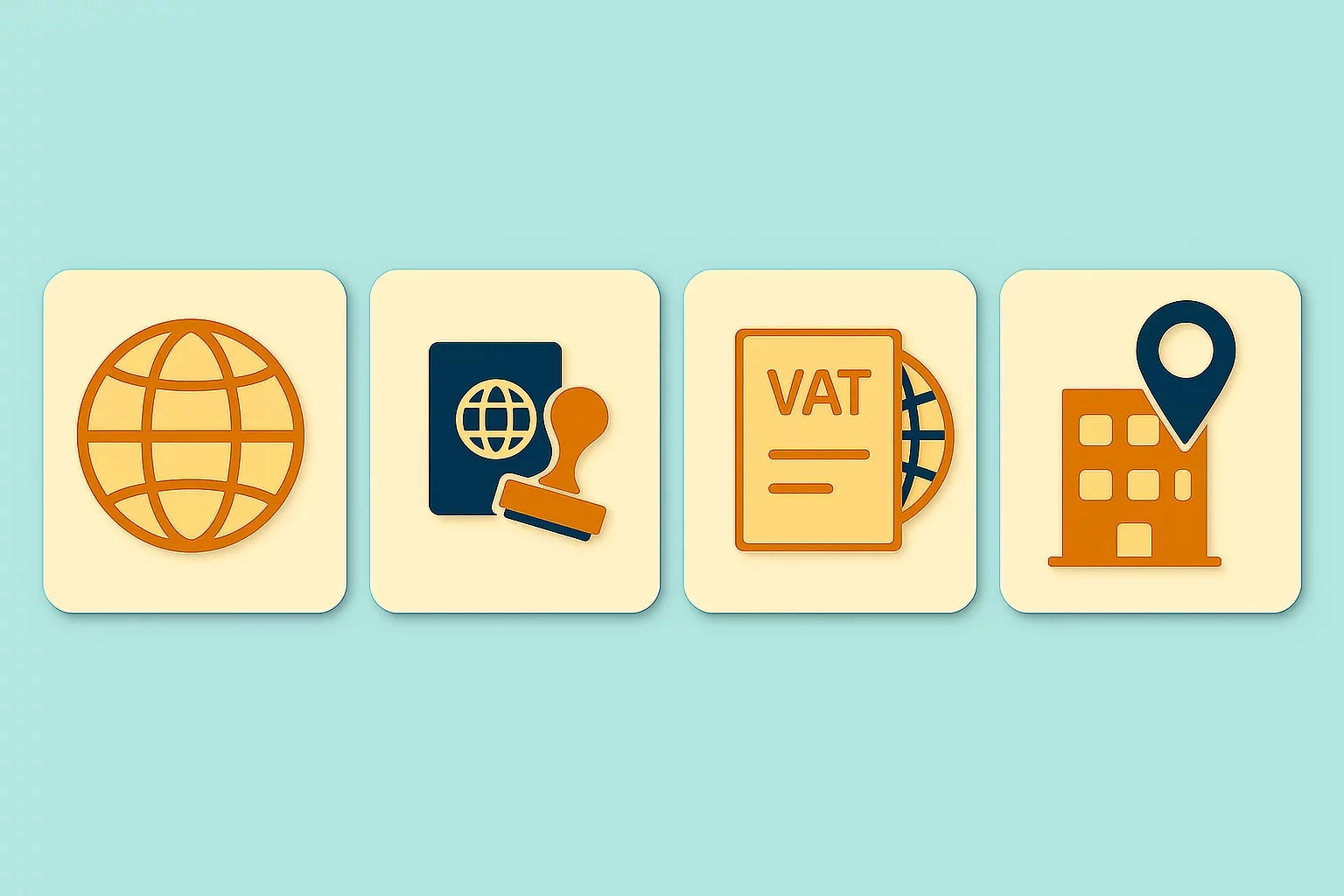

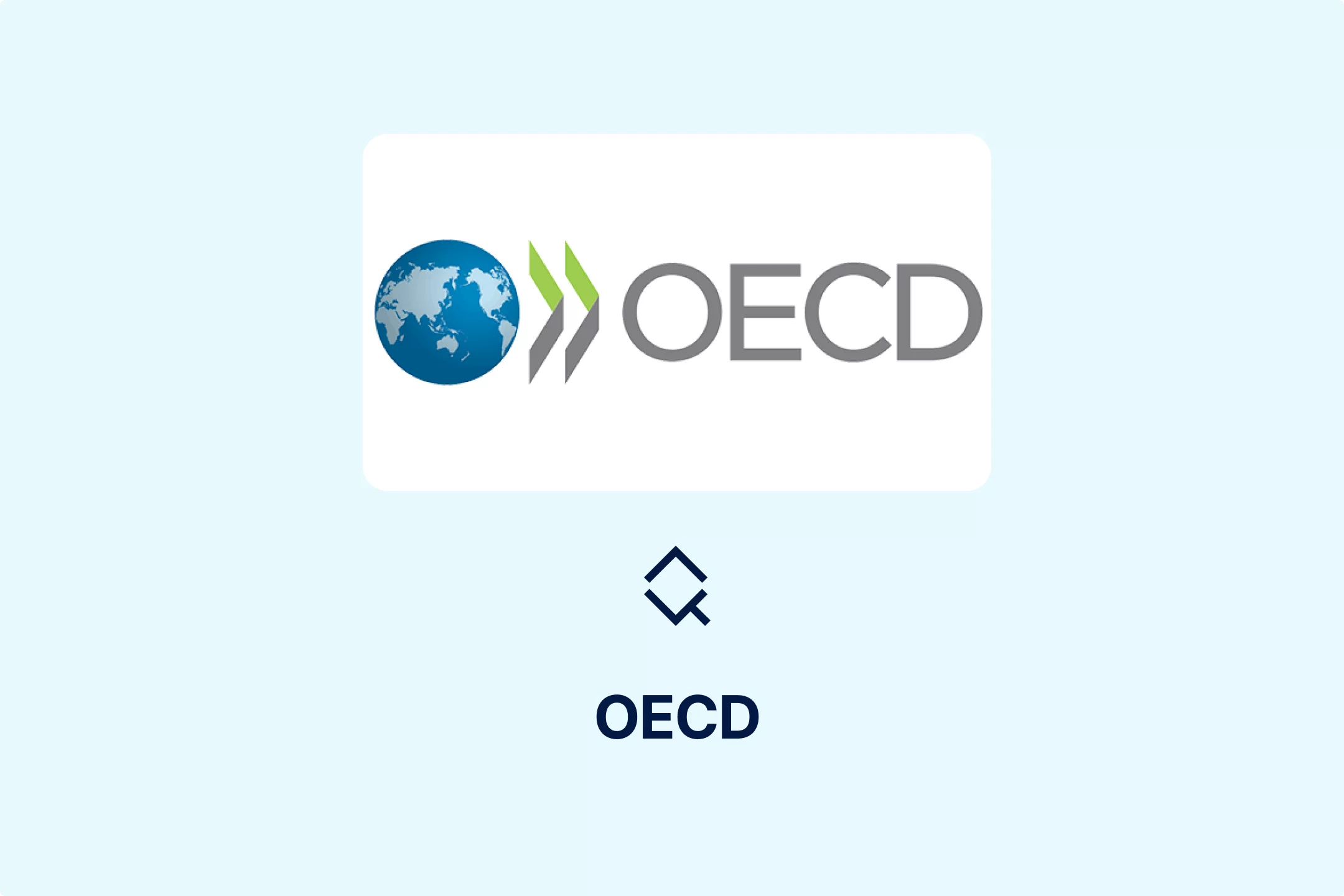











-7xdqdopxl6.webp)



-a9bz8kz2cs.webp)






























